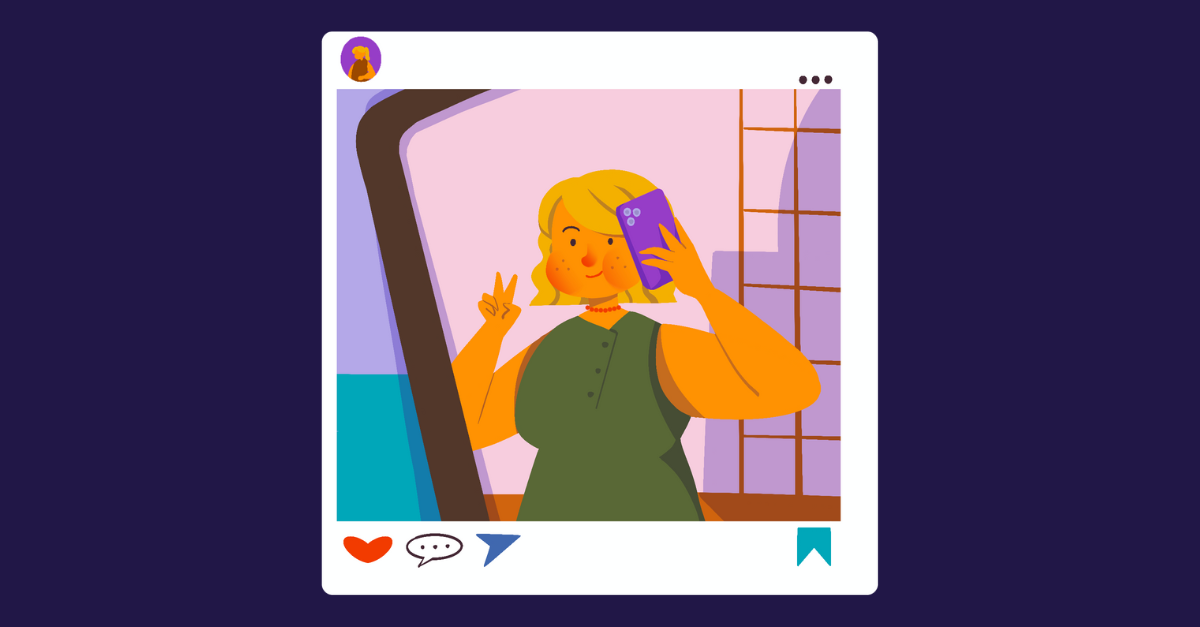May 10th, 2023

It’s been just over 3 years since I became a mother. While this whirlwind experience does not allow me many opportunities to sit back and reflect, every May I take some time to slow down and think about Maternal Mental Health. Have we improved in the last few years? Where are we at as a society now, vs. last year?
As it stands, the maternal mortality rate in the US is still significantly higher than in other Westernized 1st world countries. In a woman’s 1st year postpartum, suicide and substance use are the leading causes of maternal death. As a therapist, through my work with kids, I have learned that the loss of one’s mother as a child is one of the most difficult traumas a child can endure. So, it leaves me wondering, why are we still losing so many moms to preventable death?
The number of mothers who are dying every year postpartum is increasing while the birth rate itself in the US is decreasing. We are having fewer pregnant people and yet somehow, more maternal deaths. While the total number of deaths is still small in comparison to the population (about 1000 per year), many more mothers are living with depression and anxiety.
This year’s theme for Maternal Mental Health Month is “Together in a Changing World”. I’m not convinced that we are any more together than we were last year, or that the changes have been positive for family relationships.

I follow the mommy bloggers and the mommy influencers and have found myself in many Mommy Facebook Groups. Trending topics range from parenting style, to how to dress your kids, how to feed your kids, what toys to give them, breastfeeding, chemicals, and products to avoid, potty training, schooling, attachment style, sleep training, “Mommy Hacks”, and so much more.
It is a never-ending stream of advice from moms and social media. Education and opinions are all sprinkled with hints of guilt and shame for not living up to the other Mommy’s standards or appearance on social media.
I follow a Mommy creator on social media named Ceci Kane. Her videos are all parodies of conversations that she has seen on mom's Facebook groups. She acts them out and portrays herself as someone just there to watch the drama unfold with moms shaming others on social media. I find her videos hilarious and unfortunately so spot on about social media on parents.
The video will start with a mom asking a simple question like “What are some good ideas for the first solid food to feed my 5-month-old?”. It will then go on to show the barrage of attacks a mom might get: “5 months old is too young!” “Why are you so quick to stop breastfeeding?” “You should make your own baby food!” “Only organic!!”. The vast difference between how we all parent and because parenting is so subjective leaves a lot of room for differing opinions on a variety of parenting decisions.

Social media accounts don’t get followers if they aren’t eye-catching, constantly posting content, and engaging. Quite frankly, we do not like to follow average people like ourselves. Social media moms in full glam for their videos give the illusion that being a mom is all rainbows and sunshine.
Many of them are selling diet products to help women “snap back” after pregnancy and it can lead vulnerable women to believe that this is the norm for all women postpartum. It’s hard to have your social media pages filled with these types of videos especially when your algorithm knows that you are a new mom.
Keeping your house perfectly clean, having minimalistic toys that only come in primary colors, feeding your child all whole organic foods, and having a child that is ahead developmentally are all sources of guilt and shame for moms, perpetuated by the social media accounts that are getting thousands of followers online.
While the accounts may not be openly shaming other mothers for not following their standards there is an underlying tone that implies that this way is the best way. Mom shaming seems to have become just part of the reality of being a mother, along with a massively negative impact on mental health. Comments online or in person seem to be unavoidable even when totally unsolicited. Even when try our best to “not let it get to us”, mom shaming can lead to feelings of inadequacy, and loneliness.
Moreover, eventually, these external comments can become a mom’s own internal self-talk. Negative self-talk, internal shaming, and guilting are common in people experiencing anxiety and depression.

It starts with us. Mommy bloggers and creators have become some of the most followed accounts on social media. Many of the most popular accounts are not being run by experts like pediatricians, or child psychologists but instead by moms whose only experience is their own life and opinions. Not only can this lead to their audience taking at times what would be dangerous advice but also to moms engaging in social comparison.
Social media across all topics often perpetuates a distorted reality and unreachable standards. It is really easy to say, just filter it out, don’t follow the accounts, but it's hard, I’ve also learned a lot from other moms (especially about kids crafting) and in my own local mommy Facebook group, I have made a lot of friends.
Moms need uplifting content, and that normalizes being a mom with all of the chaos we can have in our days. That’s the content needed to combat the negative effects of social media on parents. If you find yourself engaging in social comparison and feeling shame as a result, please consider unfollowing those accounts. If you aren’t already, start having honest conversations with your mom friends about the struggles you may be having and find community in the imperfect. Being a mom is one of the hardest jobs in the world, let's all be in this together.
If you or someone you love is suffering from postpartum or peripartum depression please reach out and make an appointment with one of our specialists today.

Our Services
Virtual/Online CarePHP and IOPAdult PsychiatryChild & Adolescent PsychiatryAdult TherapyChild & Adolescent TherapyCouples CounselingFamily TherapyGroup TherapyPsychological TestingTranscranial Magnetic Stimulation (TMS)Resources
Refer a PatientCareersClinical Training OpportunitiesOur ProvidersFree Mental Health TestsCommonly Prescribed MedicationsLocationsBlogIn The NewsClarity Through CharityClarity for AllQuick Links
Patient PortalFAQsAccepted InsurancesContact us